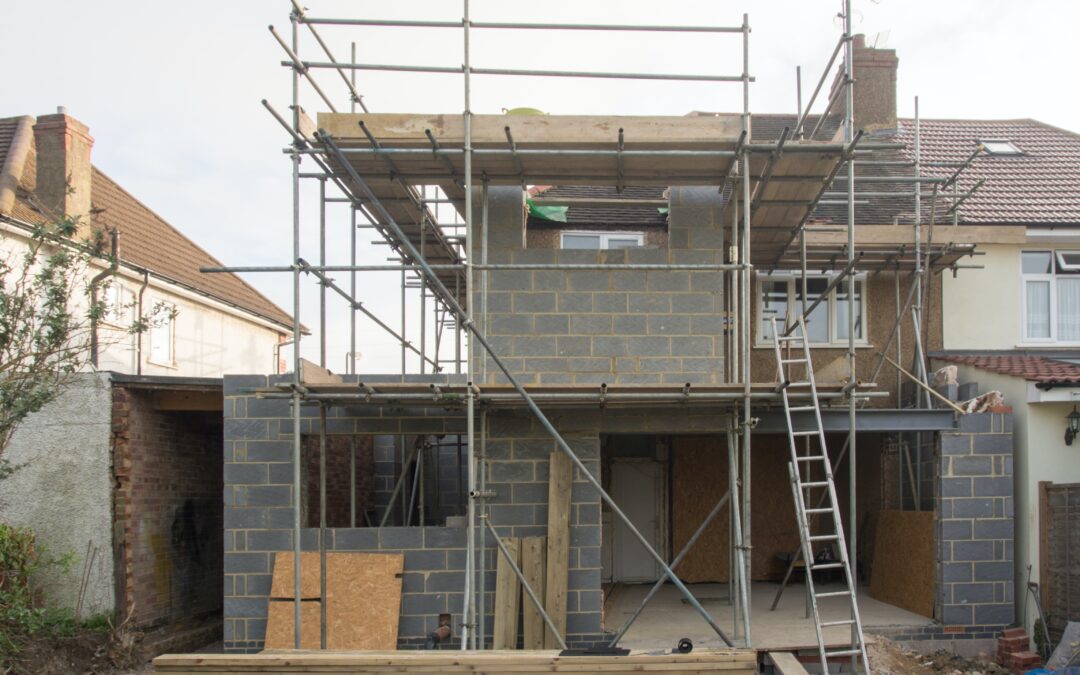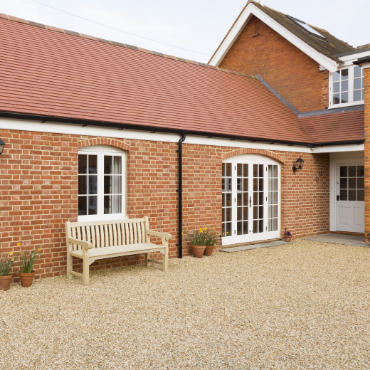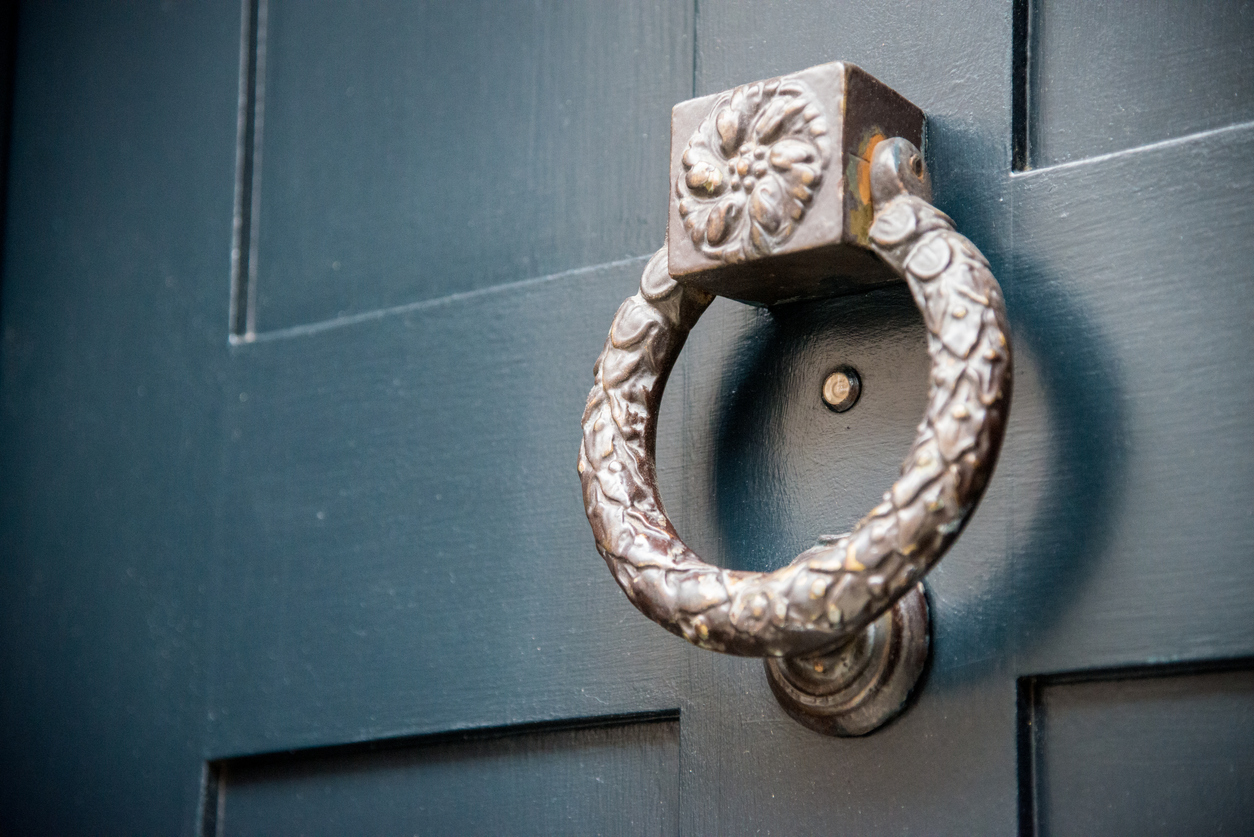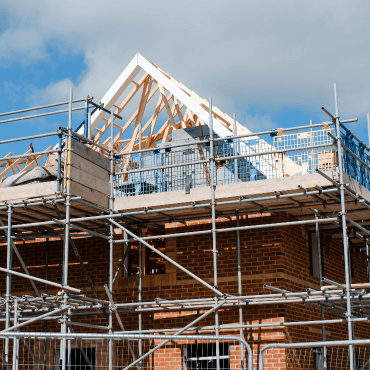What are you looking for?

Specialist is what we do
Everyone’s life is unique, and their financial needs are too.
Focusing on solutions, not products
We’re proud to be truly specialist, with experience in all lending areas and access to market-leading rates.


Collective thinking achieves creative solutions
Collaborative inside and out; we believe the more minds the better.
Latest news

Brand new semi-exclusive commercial and semi-commercial products
Commercial semi-exclusive: For properties with an EPC rating of C or above: For properties with an EPC rating of D or below: Up to 75% LTV Up to 75% LTV Rates from 7.69% Rates from 8.39% 2 & 5 year fixed 2 & 5 year fixed ERC’s for fixed period ERC’s for fixed...

A great customer journey
I have sent over a number of enquiries to Brightstar Financial over the last three or four years including bridging loans, commercial finance and, most recently, second charge lending and have always received excellent service. When referring, I can trust that the...


















